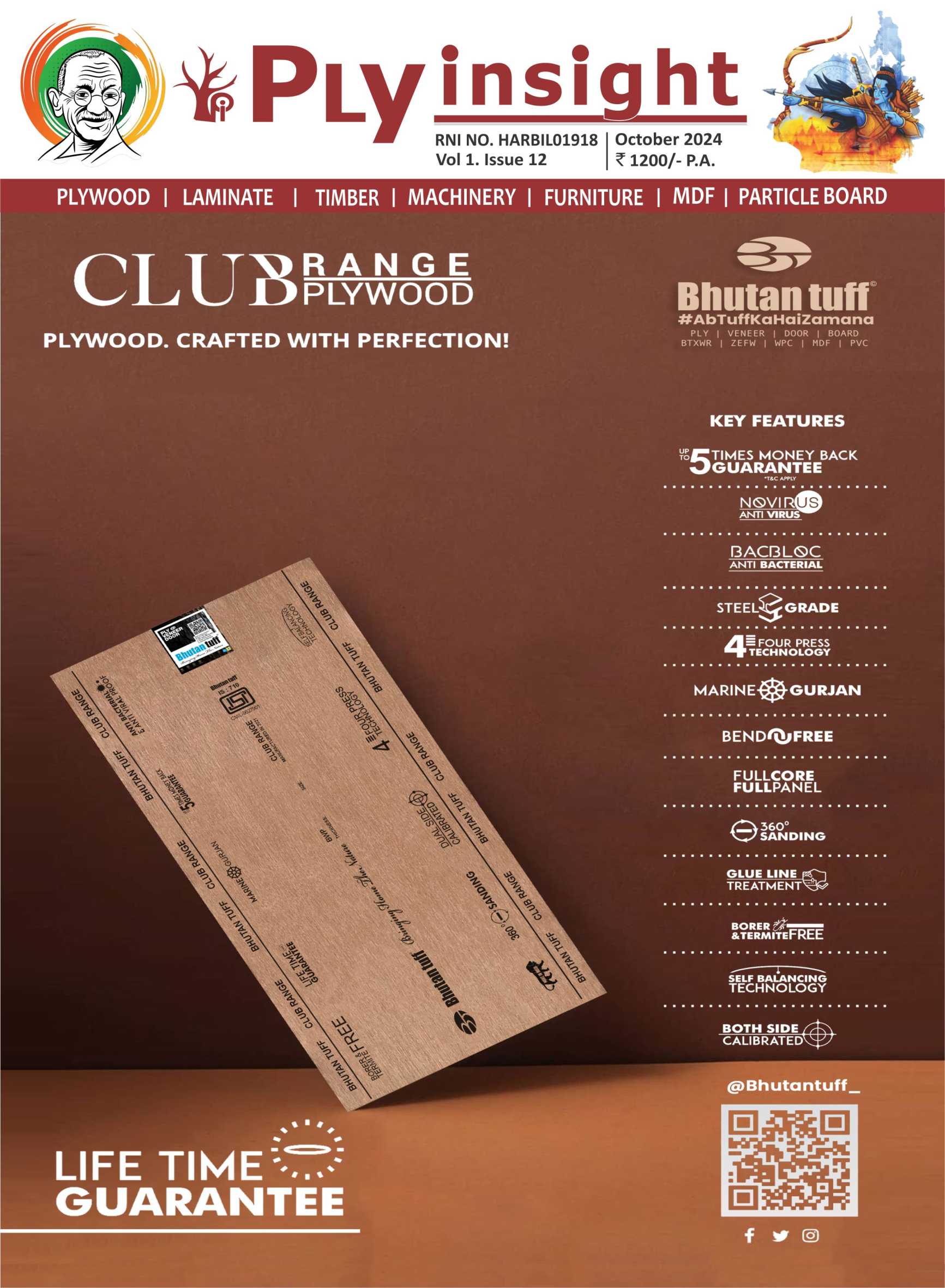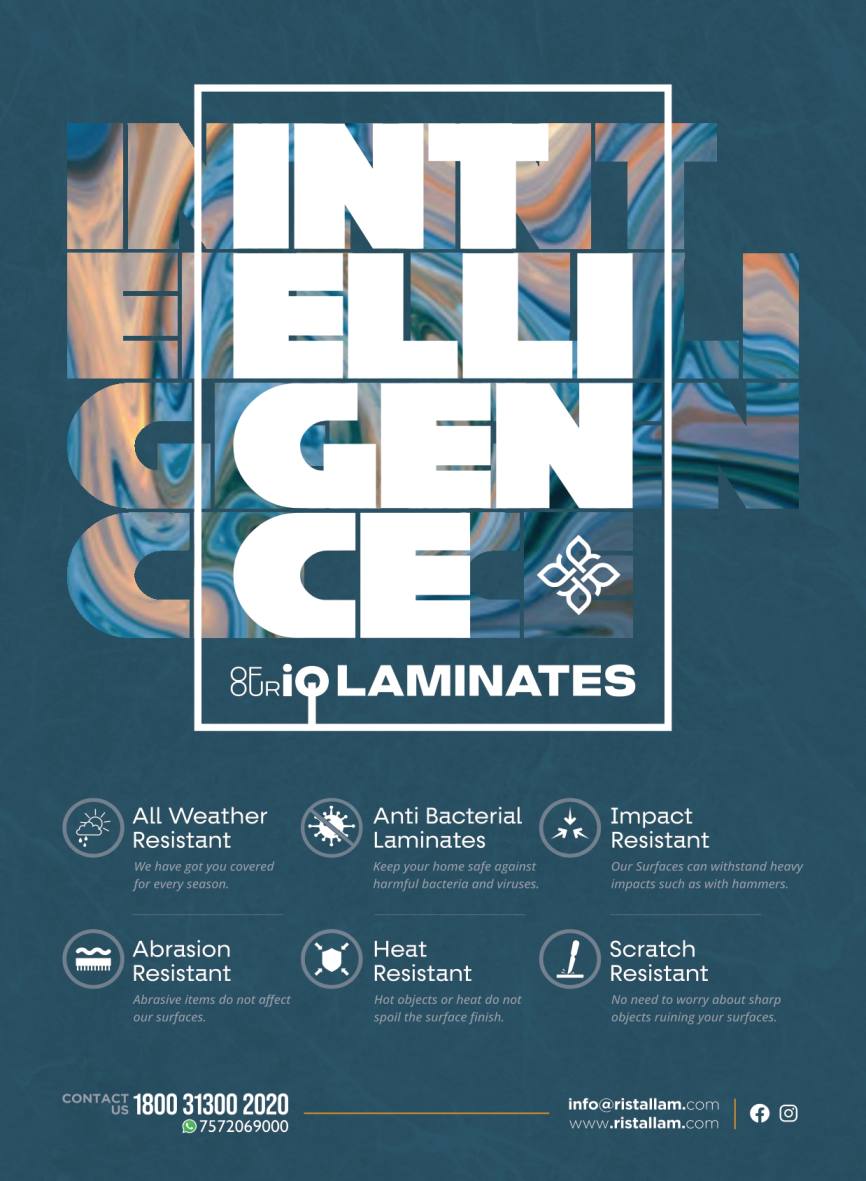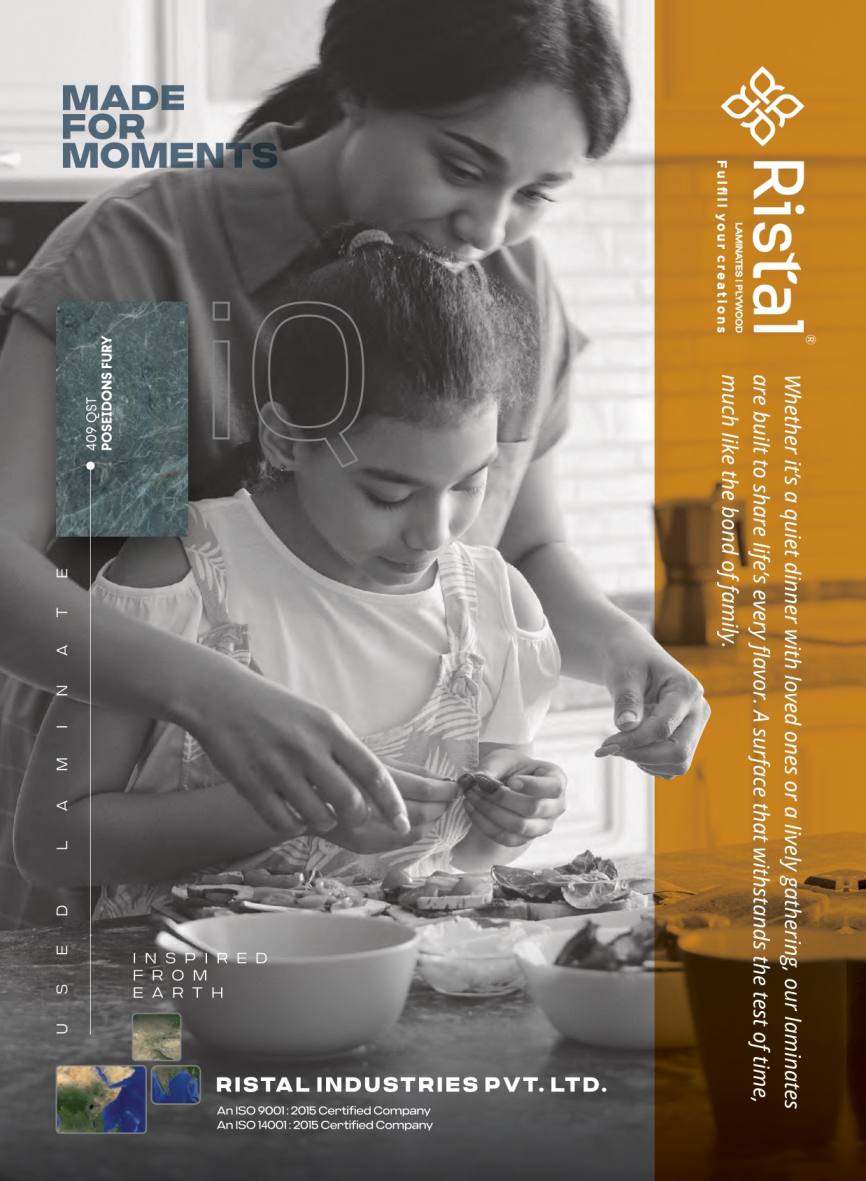Big unexplained expenditure may lead to I-T review
- May 21, 2022
- 0
The new provisions, effective from April 1, have extended the scope for tax sleuths to reopen the past assessments. Earlier, the tax department could question taxpayers when they had misreported or underreported income in the form of an asset.
“The scope has been extended from escape income in the form of an asset, earlier, to now in the form of expenditure and book entries. These changes may lead to more reopening of matters due to interpretation issues”,
“Reassessment proceedings and search proceedings have been brought in consonance. So now reopening can be almost automatic in search/requisition cases, at least. The only requirement is that the assessing officer should identify asset, entry, or expenditure in which aggregate outflow of money is more than R50 lakh – spread over the 4th to 10th relevant assessment year”,
The new provisions also allow the I-T department to rely on multiple sources to reopen cases, besides the data flagged by the Central Board of Direct Taxes’ (CBDT’s) risk management and objections flagged by the Comptroller and Auditor.
Now, if the department gathers evidence that a taxpayer had an “unexplained expenditure”, it can send him/her a notice seeking an explanation, and also may reopen the assessed return. Unexplained expenditure includes money spent on a big event, expensive assets, and so on. Even if there is any unexplained entry in the books, it could lead to a reassessment of the return.
For example, loans that were availed and repaid within a short duration. These new provisions are part of the Finance Bill 2022. Now, the department can go back to scrutinizing the finances of a company or an individual for up to 10 years if the aggregate income or expenditure that escaped assessment over multiple years is R50 lakh.
बड़े आय या व्यय नहीं दिखाने पर पुनराकलन का खतरा
कर व्यवस्था के नए प्रावधान 1 अप्रैल से प्रभावी हैं और इसमें कर अधिकारियों को पुराने आकलन को फिर से खोलने का अधिकार दिया गया है। पहले कर विभाग केवल उन्हीं करदाताओं से जवाब-तलब कर सकता था जो अपनी आय कम दिखाते थे या सही जानकारी नहीं देते थे।
कर जांच का दायरा संपत्ति से आय से बढ़कर अब खर्च और खाते में एंट्री तक पहुंच गया है। इस बदलाव से कई कर आकलन को नए सिरे से खोला जा सकता है।
पुनराकलन और तलाशी कार्यवाही उसके अनुरूप होगी। ऐसे में पुराने कर आकलन स्वत खोले जा सकते हैं और ऐसे मामलों की जांच की जा सकती है। इसके लिए आकलन अधिकारी को चौथे से दसवें साल के दौरान 50 लाख रुपये से अधिक की संपत्ति, एंट्री या व्यय का पता लगाना होगा।
नए प्रावधान के तहत आईटी विभाग केंद्रीय प्रत्यक्ष कर बोर्ड के जोखिम प्रबंधन के आंकड़ो और नियंत्रण एवं महालेखा परीक्षक की आपत्ति के अलावा अब कर आकलन को खोलने के लिए कई अन्य स्त्रोतों से जानकारी जुटा सकता है। पहले केवल इन दो स्त्रोंतो के आधार पर ही विभाग कर आकलन रिपोर्ट को खोल सकता था। लेकिऩ अब आय और व्यय के मामले में किसी भी ऑडिट, विदेशी कर प्राधिकरणों, अदालत, पंचाट आदि के आदेश या आपत्तियों के आधार पर विभाग ऐसा कर सकता है।
नई व्यवस्था के तहत विभाग इसके साक्ष्य जुटाएगा कि करदाता ने ऐसा कोई बड़ा खर्च तो नहीं किया है, जिसे रिटर्न में नहीं दिखाया गया है। अगर ऐसा होता है तो कर विभाग उन्हें नोटिस भेजकर इसकी जानकारी मांग सकता है और पुराने आकलन रिटर्न को दोबारा खोल सकता है। इसमें बड़े आयोजनों पर खर्च किए गए पैसे आदि शामिल हैं।
उदाहरण के लिए ऋण लिया गया लेकिन काफी कम समय में उसका भुगतान कर दिया गया। इस नए प्रावधान को वित्त विधेयक 2022 में शामिल किया गया है। अगर 50 लाख रुपये से अधिक की आय या खर्च को कर आकलन में नहीं दिखाया गया हो, तो कर विभाग 10 साल पुराने तक के मामले की जांच कर सकता है। यह कंपनी और व्यक्तिगत करदाता दोनों पर लागू होगा।
































































